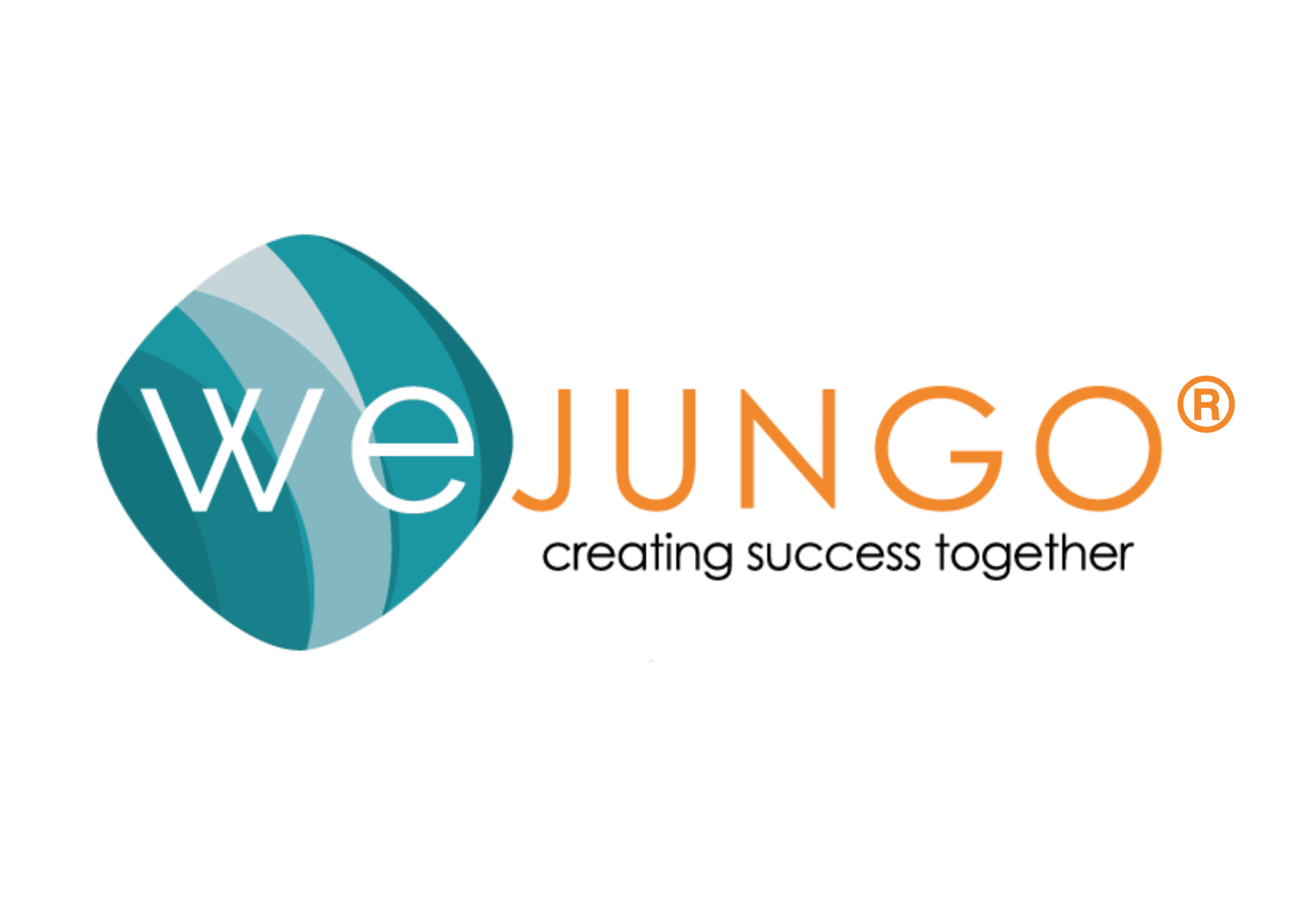Interview Tips to help companies HIRE RIGHT the First Time: PART 3

75% of companies we have met over the last decade are NOT completing reference checks on a consistent basis before hiring someone.
Typically, this is what we see: HR or a hiring manager calls a couple of the people provided by the candidate, they ask a few monotonous questions, and are done with it ? check the boxes, right? And rarely will these 5-minute conversations influence your final hiring decision anyway, because the candidate you want to hire will provide you with people who will of course say great things about them. So, why bother reference checking?
We get it.
And if this is your approach, understand that you’re not getting the full picture of the person you’re about to hire: Reference checks should carry equal or more value to any other part in the hiring process, and a single misstep here can put you right back at your starting point, or worse, knock down your bottom line, all because of a bad hire that you could have prevented!
What’s more and just as important: Talking to the CORRECT references is your ONLY way to validate whether or not what a candidate shared with you is the truth.
Do Your Homework: Trust but Verify
It’s quite scary to think of the number of hiring managers who actually swear by “gut feeling” or rely on feedback gained from a 2-minute phone conversation, or outright skip this last step of completing reference checks when hiring. Remember, resumes and interviews are all sales pitches. There are candidates who look stellar on paper, but also remember who writes the resume? The candidate! Don’t allow the interview to be guided by what’s only in a resume.
A thorough reference check will uncover possible misrepresentations and give you an unembellished portrait of the candidate’s past performance. Reference checks can also possibly reveal high potential candidates with less experience who may not be the best at interviewing and filter out the embellishers who appear amazing on paper and in-person.
Make Those References Count!
Tell a candidate exactly who you want to speak with.
Following the final interview, don’t ask for a list of people they want you to call, instead TELL them who you need to speak with from their career history. If you interview a candidate thoroughly which includes “throwing out the resume,” and reducing your bias, and not allowing gut-instinct to drive the length or direction of an interview (read our last blog part 2 of 3 Interview tips), then you should be able to determine the most relevant manager, colleague, direct report or customer to speak with. This will ensure that you’re spending your time wisely and chatting with people who can give you the perspective you need to make an educated hiring decision. Moreover, a candidate’s willingness (or not) to give that information to you is often very telling.
Professional references are king; don’t waste your time on personal references.
We recommend that employers ask for the name, phone number, and email address of two (2) former managers, one (1) current coworker, one (1) former coworker, and one (1) past customer, if the role is customer focused.
Take the Time and Do it Right (So, You Don’t Get Burned)
No matter how amazing a candidate may be on paper, and regardless of how impressive they may have been when you interviewed them, you should never let reference checking slip through the cracks when you’re adding someone to your company. Reference checks allow you to get independent insight about the quality of a candidate’s previous on-the-job performance. It verifies the information provided by the candidate on their resume and during the interview, and you can also use this information to better recruit, onboard, and manage that person.
Done right, reference checks are invaluable.
We complete hundreds of reference checks for our clients’ candidates yearly, and when we do this, a good reference check lasts 15 to 30 minutes and is usually 3 to 5 pages of notes from the conversation. A reference check done poorly or deliberately skipping reference checks is a COSTLY mistake.
Feel free to email us today to request our reference check template we give companies to ensure they’re asking the RIGHT questions.



